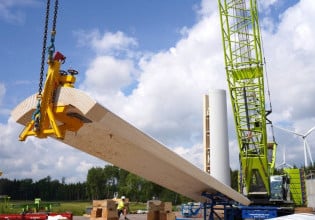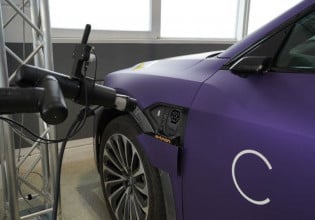Linear Drives Helps Push German Research Centre Efforts in Human Genome Project
Robots developed around Linear Drives Ltd.'s (LDL, UK) tubular linear motors helped push the German Research Centre to success in the recent culmination of the first draft of the Human Genome Project (HGP). The Resource Centre used X, Y, Z cartesian robots driven by LDL's motors for three different tasks: high-density filter spotting, clone-picking, and re-arraying.
The staff of the Research Centre chose LDL's tubular linear motor design because, being electrically identical to rotary servo motors, it can be powered and controlled by industry-standard servo drives, making it easy to integrate and use within a robot design. In addition, with no internal moving parts, the motor's quiet operation was suited for the laboratory environment. And with little wear of the thrust rod and block, it is virtually maintenance-free.
“The robots' tasks could not be done manually," explained the Resource Centre's scientific director, Dr. Gunther Zehetner. “When we were constructing our robots, we found that LDL offered the best motor solution. Its motors definitely gave us the best accuracy and resolution, allowing us to increase the spotting density on the filters."






